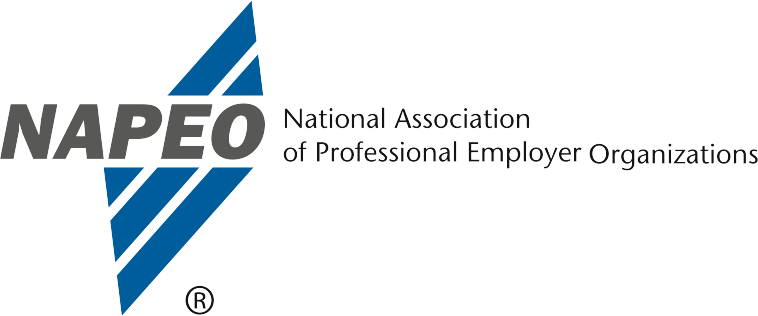Workplace issues in the Cannabis Industry
As cannabis continues to grow and expand to additional states, it is attracting talented people from several types of fields, backgrounds, and ages. It is also a path that many millennials are following in the hopes of finding a relaxed and fun-filled environment. However, many employees are leaving within the first year for assorted reasons.
While there are many employees that have come from corporate positions into this industry, they don’t appear to be bringing the policies and structure with them. This is causing dissent and unhappiness among the employees and increasing turnover dramatically.
The Work and Well-being in the Colorado cannabis industry project was conducted by researchers at Colorado State University and the Center for Health, Work & Environment at the Colorado School of Public Health in conjunction with partners in the Colorado cannabis industry. This report found that:
- 23% of workers never received health and safety training on the job
- Some workers had experienced a number of symptoms after handling pesticides on the job, with the top three symptoms being skin irritation, headache/dizziness, and eye irritation
- Workers generally viewed their health as only “fair”, and reported a number of general health symptoms such as back pain; discomfort in hands, wrists, and fingers; and knee pain.
- Workers felt some stigma from society for the work that they do.
- Workers reported feeling a little burned out and some wanted to leave their jobs
After conducting this project, they were able to offer some recommendations:
- There was alarming variability in the quantity and quality of health and safety training workers received
- Cannabis industry businesses should develop, implement, and repeatedly evaluate formal health and safety training programs for all cannabis industry workers.
- Recommended training topics such as: Unique cannabis industry hazards, such as those involved with growing, cultivating, trimming, and selling cannabis as well as General health and safety training programs including ergonomics, emergency preparedness, and the proper use of PPE (Personal Protective Equipment)
- Cannabis industry businesses are encouraged to consider local and diverse populations when recruiting and hiring employees, and to become involved with cannabis industry sustainability
- Cannabis industry businesses, leaders, and managers are also encouraged to provide support to workers, such as autonomy on the job, formal employee support systems, and emphasizing the purpose for working in the cannabis industry
- Cannabis industry businesses should establish formal policies and training programs regarding cannabis use before shifts, on-the-job and while driving motor vehicles at work
Other recommendations include offering benefits, providing flexible scheduling, and career paths. Employees should have clear expectations of what their job duties are and then be given the opportunities to continue learning more and taking on new responsibilities.
While these issues aren’t unique to the cannabis industry, with the growth that is occurring in this industry, leaders should make immediate changes to keep their employees engaged. Supervisors and managers are tasked with creating an environment that is appealing to the multigenerational and diverse workforce and when they don’t, employee’s leave. As the saying goes, people don't quit jobs, they quit managers. In such a highly regulated industry, in which businesses are responsible for tracking plants and compliance with Byzantine restrictions, they forget it's also important to take proper care of the people who work for the company.
Other potential issues include businesses not being compliant. There are expensive consequences when employees are misclassified or paid incorrectly. Policies and procedures should be in place and followed to ensure compliance and consistency. Working with a Professional Employer Organization (PEO) or an Administrative Services Organization (ASO) can help create these foundations for businesses and provide other HR services that the business may be lacking. Faces Human Capital Management is an ASO that works with several cannabis related industries and understands the unique challenges of this industry. They offer a customized partnership with their clients and offer many different work solutions.




